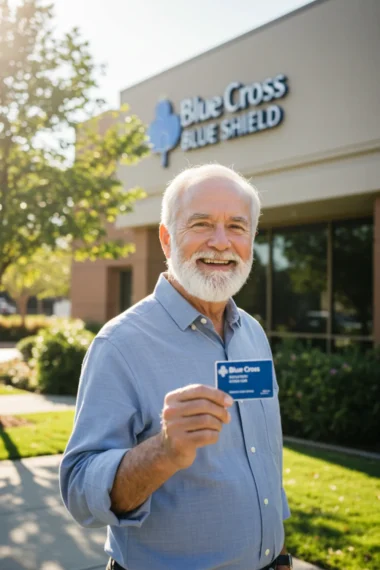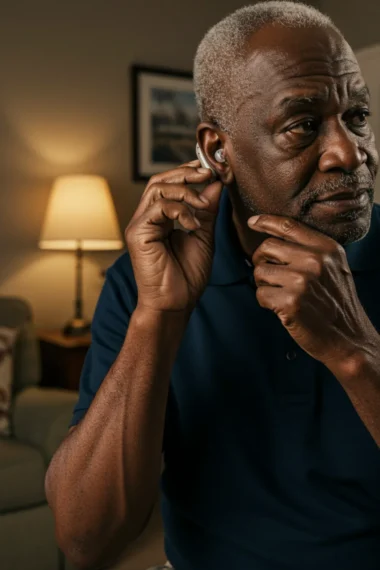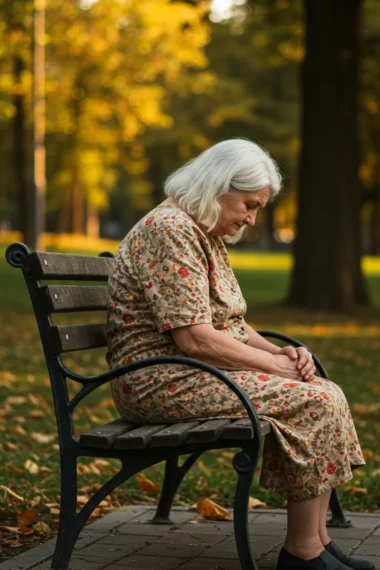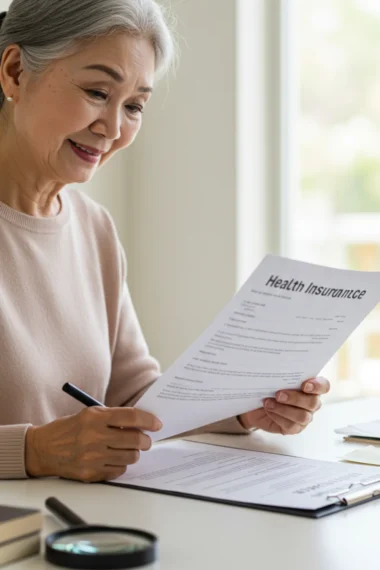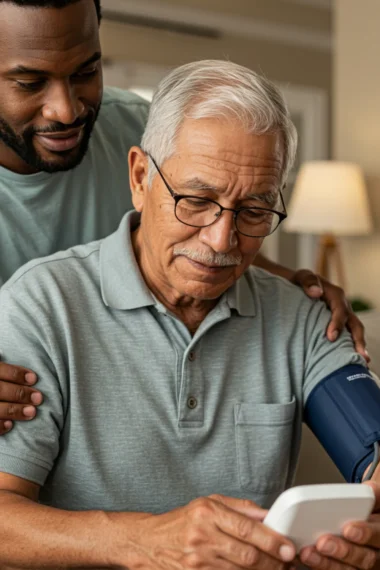Parkinson’s Life Expectancy for an 80-Year-Old
According to the Parkinson’s Foundation and a 2022 report from the National Institute on Aging (NIA), life expectancy for individuals with Parkinson’s depends heavily on age at diagnosis, overall health, and the progression rate of the disease. While the average life expectancy in the U.S. is about 76.4 years (CDC, 2023), people with Parkinson’s can live well into their 80s and beyond—especially if the condition is caught early and managed properly.
What Is Parkinson’s Disease in Simple Terms?
Parkinson’s disease is a progressive neurodegenerative disorder. That’s just a fancy way of saying it’s a brain condition that worsens over time. It mainly affects movement and muscle control, leading to symptoms like:
- Shaking or tremors
- Stiffness in the limbs or joints
- Trouble with balance and coordination
- Slowness in movement (bradykinesia)
- Speech and memory issues in later stages
In people over 80, these symptoms can overlap with other age-related challenges, making care a bit more complex.
Life Expectancy for an 80-Year-Old With Parkinson’s
How long can an 80-year-old live with Parkinson’s?
On average, once diagnosed with Parkinson’s at age 80, a person may live:
2 to 8 years, depending on their general health, stage at diagnosis, and support system.
This range is not a guarantee, but it’s supported by findings from a study published in Movement Disorders Journal (2021), which followed over 12,000 Parkinson’s patients over a 10-year period. Here’s what the study found:
| Age at Diagnosis | Average Life Expectancy |
|---|---|
| Under 60 | 15–20 years |
| 60–75 | 10–12 years |
| 80+ | 2–8 years |
If the 80-year-old has other chronic conditions—like diabetes, heart disease, or dementia—the life expectancy may fall closer to the lower end of that range.
Factors That Impact Life Expectancy at 80
Not all 80-year-olds are alike. Here are 7 key factors that can influence how Parkinson’s progresses:
- Stage at Diagnosis
Early-stage Parkinson’s is more manageable than late-stage. - Motor Symptoms Severity
More severe tremors and rigidity often indicate faster progression. - Cognitive Health
Parkinson’s dementia affects 30–40% of seniors with advanced PD. - Mobility and Falls
Frequent falls increase the risk of hip fractures, head trauma, and complications. - Response to Medication
If the patient responds well to Levodopa or dopamine agonists, they may enjoy a longer, higher-quality life. - Other Health Conditions
Heart disease, high blood pressure, and stroke history can shorten life expectancy. - Care Environment
Living with family or in a skilled nursing facility often improves outcomes compared to living alone.
Learn More: Best Protein Drinks For Seniors
Common Treatments for Seniors With Parkinson’s
Parkinson’s doesn’t have a cure (yet), but many treatments help control symptoms:
- Levodopa + Carbidopa (Sinemet) – Gold standard for movement control
- Dopamine Agonists – Like pramipexole or ropinirole
- MAO-B Inhibitors – Help maintain dopamine in the brain
- Physical Therapy – To improve balance and mobility
- Speech Therapy – For communication and swallowing support
At age 80+, the goal is not to reverse the disease, but to maintain comfort, dignity, and function for as long as possible.
Quality of Life at 80 With Parkinson’s: What to Expect
Life may change, but it doesn’t have to stop.
What can a senior with Parkinson’s still enjoy?
- Short walks with support
- Gardening or light activities
- Movies, music, and family time
- Spiritual or faith-based routines
- Cognitive games like puzzles or word searches
Many families report that with the right care, an 80-year-old with Parkinson’s can still enjoy 2 to 5 meaningful years of connection and joy.
Late-Stage Parkinson’s in the Elderly
By the time Parkinson’s reaches its later stages (Stage 4–5), seniors may experience:
- Trouble speaking clearly
- Incontinence or trouble with bowel/bladder control
- Severe rigidity or complete dependence on caregivers
- Inability to walk without assistance
- Difficulty swallowing or risk of aspiration pneumonia
In these cases, palliative care or hospice services may be appropriate—not to give up, but to ensure comfort and dignity.
Is Parkinson’s Fatal?
Technically, Parkinson’s itself isn’t directly fatal. But complications from it often are. These include:
- Aspiration pneumonia
- Falls leading to fractures or internal bleeding
- Blood clots from immobility
- Infections due to weakened immune function
About 1 in 3 Parkinson’s deaths occur due to non-direct causes, according to the Michael J. Fox Foundation.
What Should Families Do After Diagnosis at Age 80?
Here are 6 next steps if your loved one is diagnosed with Parkinson’s at 80:
- Consult a Neurologist Specializing in Movement Disorders
- Create a Care Plan with Family Involvement
- Set Up Physical, Occupational, and Speech Therapy
- Modify the Home for Fall Prevention (grab bars, ramps)
- Consider Medication Side Effects in Older Adults
- Explore Legal and End-of-Life Planning Early (power of attorney, advanced directives)
What Others Are Experiencing?
- Ethel, age 81, was diagnosed with Stage 2 Parkinson’s and is still living at home with part-time help. She gardens, does puzzles, and attends a weekly senior center program.
- George, 83, in late-stage PD, is in hospice care but surrounded by family. His comfort is the top priority, and he’s receiving daily attention from a skilled nursing team.
Quick Takeaways
- Parkinson’s diagnosed at 80 typically leads to 2–8 more years of life, depending on multiple factors.
- Quality of life can remain high with proper treatment and support.
- Early planning, medication, and therapy can slow decline.
- Families should focus on comfort, connection, and safety.
Final Thoughts
Facing Parkinson’s at 80 isn’t just about counting years—it’s about making each year count.
With the right care, loving support, and medical attention, seniors can continue to enjoy life—even in the presence of chronic illness. If you or a loved one are walking this path, know that you’re not alone, and resources are available to help every step of the way.
FAQs
Can an 80-year-old live more than 10 years with Parkinson’s?
Yes, though it’s rare. This often happens if they were very healthy at diagnosis, had mild symptoms, and received excellent care.
What’s the biggest risk to life for Parkinson’s patients over 80?
Falls and aspiration pneumonia are the top life-threatening complications.
Can Parkinson’s progress slowly in old age?
Yes, in some cases it progresses slowly, especially if diagnosed at a very early stage.
Is Parkinson’s the same as Alzheimer’s?
No. Parkinson’s affects movement first, while Alzheimer’s affects memory. But in advanced stages, cognitive decline can occur in both.
Is hospice only for the final days?
No. Hospice can be used in the last 6 months to a year of life and provides comfort and support for both the patient and their family.


